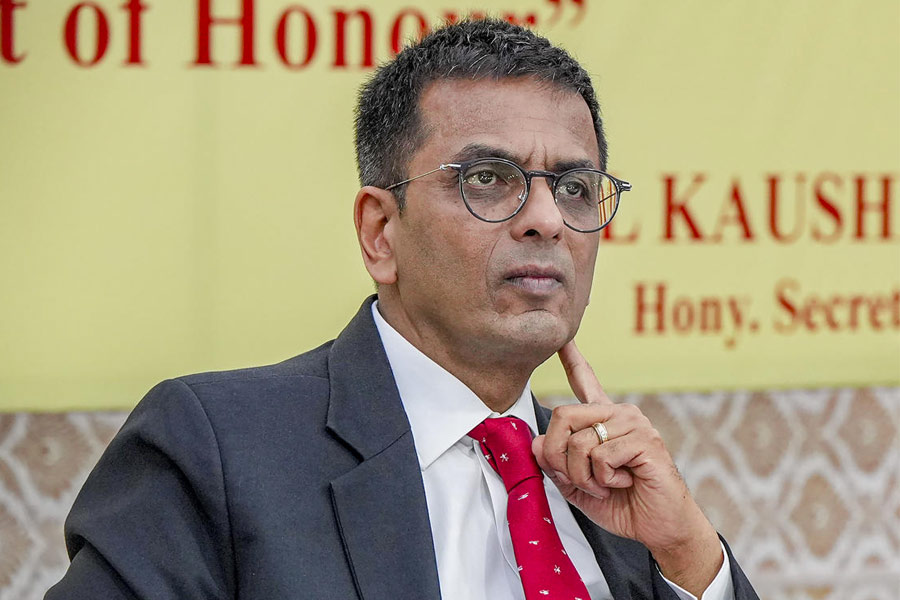Six hundred lawyers including the senior advocate, Harish Salve, and the chairperson of the Bar Council of India have expressed dismay at the ‘pressure’ being exerted on the judiciary in an open letter to the Chief Justice of India. The letter talks of a vested interest group that is dishonouring the judiciary and defaming the courts, especially in cases relating to corruption among politicians, thus threatening India’s democratic fabric. The allusions in the letter target certain lawyers without naming them; the references to the so-called ‘vested interests’ can hardly be misunderstood. But maybe such concerns could have been taken at face value, however misguided, had the prime minister himself not supported it in a tweet, while quoting the letter. Such openness from Narendra Modi is remarkable, since he is usually silent on the most contentious or painful events. That, more than anything else, clarified the references and accusations — barely veiled — in the letter. What the prime minister did, in effect, was to endorse the letter’s message that Indian courts, particularly in their higher reaches, could be pressured, were blind to the vested interests of particular groups and could be swayed in their judgments as a result.
The lawyers’ letter is an attack on the very institution the dignity and uprightness of which it so vociferously defends. The prime minister’s allusion to the ‘committed judiciary’ in his tweet, referring back to Indira Gandhi’s reign, may have been an extra hit at the implied target but carried the danger of being turned back on itself. Mr Modi could have been expected to condemn the letter as being unprofessional and unbecoming of senior lawyers, criticising as it did other lawyers as well as judges, and invoking politics, however indirectly, to undermine the separation of powers. One of the signatories had requested the president of India to hold back the Supreme Court’s judgment on revealing the details behind electoral bonds. Could that be defined as pressure? If so, was such pressure acceptable then? And why was the letter an open one? The timing of the letter — coming as it does after the electoral bonds judgment, just before the Lok Sabha elections and before the Supreme Court hears the cases on the citizenship law and the imprisonment of dissenters — suggests that the letter-writers should reassess where to locate the threat to the democratic fabric of India.











